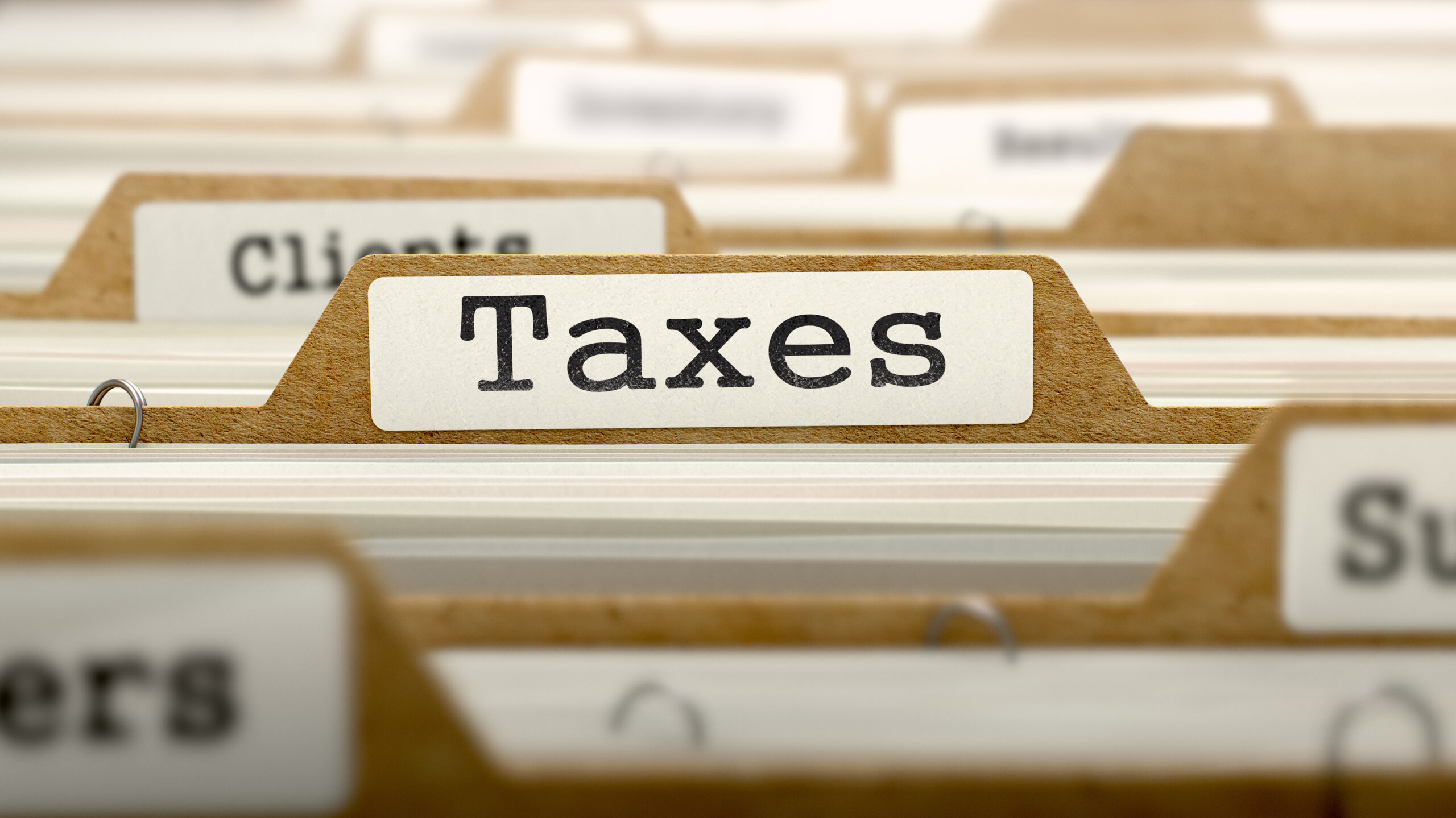Bookkeeping Versus Accounting: Differences Explained
April 9, 2024

Hiring someone to manage your finances is a good idea for any business.
But should you hire a bookkeeper or an accountant? Here’s a breakdown of what both professionals do and how they help your business.
What Is Bookkeeping?
Bookkeeping is the process of recording financial transactions. It tracks all money that comes in and goes out. This includes purchases, receipts, and payments.
Bookkeepers then put this information into ledgers. The goal is to keep a clear, detailed record of all financial activities.
These records give insight into a company’s finances. They support financial analysis and help you make decisions in the future.
RELATED ARTICLE — How to Keep Track of Invoices and Payments
What Is Accounting?

So, what is an accountant? Accountants use the info from bookkeepers to make financial statements. Some examples include balance sheets and income statements. These show a company’s financial performance and financial health.
Also, accountants do complex tasks. They predict future finances, make budgets, and plan for taxes. Accountants watch for trends in the budget and potential risks companies face. They also suggest ways to improve cash flow and encourage sustainable growth.
Is bookkeeping the same as accounting? Not quite. Below, we’ll lay out some important differences.
What Does a Bookkeeper Do?
Bookkeepers keep accurate financial records to watch over a company’s finances. Here are their key duties:
- Recording Transactions. Bookkeepers record every financial transaction. This includes sales, purchases, and payments. They must do this with accuracy and track each in the company’s system.
- Maintaining the Chart of Accounts. Bookkeepers organize and maintain the “chart of accounts,” which sorts all financial transactions. It tracks income, expenses, assets, and liabilities.
- Reconciling Bank Statements. Bookkeepers make sure the company’s records match the bank’s. They do this by reconciling bank statements. They identify any differences and fix them right away.
- Preparing Important Financial Reports. Bookkeepers might help prepare financial reports. This includes balance sheets or income and cash flow statements. These documents describe a company’s financial health and performance.
- Handling Accounts Receivable and Accounts Payable. Bookkeepers manage accounts receivable and accounts payable. They track payments from customers and make payments to suppliers and vendors.
- Processing Payroll. Bookkeepers process payroll to make sure employees are paid correctly and on time. They calculate wages, deductions, and taxes. They also keep payroll records.
RELATED ARTICLE — What is Invoice Reconciliation?
What Does an Accountant Do?

Accounts are certified financial professionals. They provide financial insights and advice to companies. It’s also their job to make sure businesses follow financial rules. Here are their key duties:
- Preparing and Filing Tax Returns. Accountants make sure that tax returns are accurate and comply with tax laws. This avoids tax headaches for business owners and their businesses.
- Giving Financial Planning Advice. They offer financial planning advice for both businesses and people. They cover topics like how to budget, invest, and retire.
- Helping Apply For Business Loans. Accountants aid businesses by helping them apply for loans. They prepare financial statements, make projections, and collect other relevant documents. These statements help them qualify for loans or other financing. This money helps the company grow and expand.
- Provide Expertise. Accountants provide sophisticated financial guidance. They help people and businesses with money problems. But they’re also good at planning and managing money. They can assist in many ways that benefit a company.
Advantages of a Bookkeeper
Let’s explore the benefits of hiring a bookkeeper. Here’s what they offer:
- Organizational Services. Bookkeepers maintain organized financial records. They make sure to record transactions accurately. This organization makes it easier to track cash flow. This includes income and expenses.
- Lower Cost. Hiring a bookkeeper is usually cheaper for small businesses. It costs less than hiring a full-time accountant, and they usually have lower hourly rates. This helps businesses with limited budgets.
- Direct Assessments. Bookkeepers do direct assessments. They give real-time insights into your financial health. These insights let you make better decisions. You can also find opportunities to cut costs.
RELATED ARTICLE — How to Fill Out a Rent Receipt
Advantages of an Accountant
Let’s delve into the advantages of hiring an accountant.
- Analysis. Accountants offer deep analysis. They look at your financial data. Their reports help you understand your business’s performance. This information lets you make informed decisions. They also give advice to improve your finances.
- Expertise. Accountants know a lot about tax laws, rules, and financial reporting. They ensure that your business stays compliant with the law. This reduces the risk of penalties and fines.
- Legal Help. Accountants provide valuable legal help. This includes help with tax planning, tax prep, and filing. They can also represent your business in audits or tax disputes.
RELATED ARTICLE — What Is Accounts Receivable, and Why Does It Matter for Your Business?
Choosing a Bookkeeper versus an Accountant for Your Team

Now you know the differences between accounting and bookkeeping. Here are some tips for hiring a team member:
1. Hire a person who understands your business
Look for a bookkeeper or accountant who has worked with similar businesses. They should understand the challenges and needs of your industry. This means they can offer solutions and are familiar with best practices in your field.
2. Choose a local or virtual accountant or bookkeeper
Decide if you prefer a local professional for face-to-face meetings or a virtual one. Consider how you like to communicate and what your team needs.
3. Check for credentials and credibility
Make sure the bookkeeper or accountant you hire is certified. They must have a good reputation and background. Look for certifications such as Certified Public Accountant (CPA) or Certified Bookkeeper (CB). This shows that the person has the right qualifications and expertise.
4. Ask which software they use
Inquire about the accounting software they’ve worked with. Make sure they’re comfortable with the tools your business uses. This experience with your current systems makes onboarding easier.
5. Make sure they have tax experience
Tax considerations are critical for business finances. Make sure the bookkeeper or accountant you hire has experience in tax planning. They should also know about preparation and compliance. This includes the latest tax laws and rules. It optimizes your tax strategy and lowers liabilities.
FAQ
1. Are bookkeeping and accounting different?
Yes, bookkeeping and accounting are different. But they work together. Bookkeeping is about recording and organizing financial transactions. Accounting is about understanding those records. This is helpful when making financial decisions.
2. Is accounting better than bookkeeping?
Both are helpful processes. But they serve different purposes. Bookkeeping is the foundation for accounting. Accounting builds upon the financial records that bookkeepers assemble. Accountants then translate the info into charts, equations, and predictions. This allows owners and managers to assess the business’s current and future health.
3. Is bookkeeping hard to learn?
You can learn bookkeeping with practice. But it may be hard to grasp. Luckily, many resources are available. They include online courses, tutorials, and educational materials. Each method helps people learn these skills at their own pace.
4. What is the best bookkeeping software for small businesses?
The best bookkeeping software for small businesses depends on many factors. These include the business’s size, industry, and needs. Popular options include QuickBooks, Xero, FreshBooks, and Wave. Choose software that fits your business model and works with your current systems.
Business Expense Tracker
Tracking expenses has never been easier. Our business expense and receipt tracker lets you scan any receipt. It captures key info automatically. All your expense data is ready to export into a summary report whenever you need it. Then, when tax time rolls around, it’s simple to share all your expense info with your accountant.












